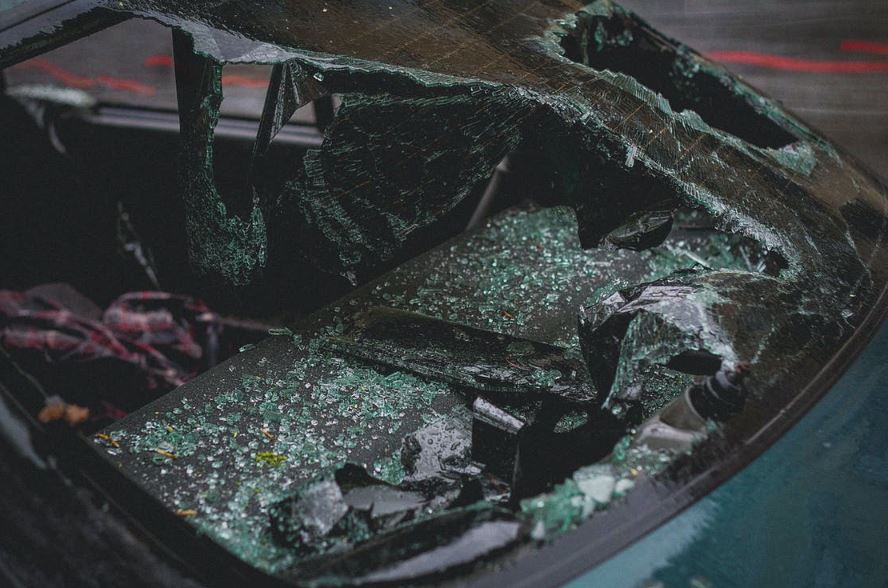No matter how big or small, a traffic accident can be a very harrowing experience. It is important to stay calm and take the necessary steps to ensure your safety and the safety of others involved. This guide will provide you with eight things you need to do right after a traffic accident. It’s always better to be safe than sorry, so take a few minutes to read through this guide and be prepared for anything. Here are 8 things you need to do right after a traffic accident.
1. Contact an accident lawyer
An accident lawyer will help you understand your legal rights and options after an accident. If the other driver was at fault, a lawyer can help you recover damages from the responsible party. If you were involved in a hit and run, a lawyer can also help you file a police report and insurance claim. By having a car accident lawyer fighting your case in Sacramento, you can focus on your recovery while someone else takes care of the legalities. Additionally, an accident lawyer can negotiate with the other driver’s insurance company on your behalf to help you get the best settlement possible.
2. Seek medical attention
If you are injured, it is important to seek medical attention as soon as possible. Even if your injuries seem minor, it is always better to be safe than sorry. Insurance companies will often try to downplay the seriousness of your injuries, so it is important to have a medical professional document the extent of your injuries. Additionally, some injuries, such as whiplash, may not manifest immediately after the accident. By seeking medical attention right away, you will have a record of your injuries from the outset, which can be helpful in proving the extent of your damages later on.
3. Exchange information
After ensuring everyone’s safety, the next step is to exchange information with the other driver. You will need to get their name, contact information, insurance company, and policy number. It is also a good idea to take pictures of their license plate, vehicle, and any damage that was done in the accident. If there are any witnesses to the accident, be sure to get their contact information as well. The more information you have the better prepared you will be if you need to file an insurance claim or personal injury lawsuit. It’s also a good idea to call the police to file a report, even if the accident seems minor.
4. Collect evidence
In addition to exchanging information with the other driver, it is also important to collect evidence at the scene of the accident. This can include taking pictures of the damage to your vehicle, the other driver’s vehicle, and any injuries you may have sustained. It is also a good idea to take pictures of the road conditions and any obstructions that may have contributed to the accident. If there are any witnesses, be sure to get their names and contact information. The more evidence you have, the stronger your case will be if you need to file an insurance claim or personal injury lawsuit.
5. Notify your insurance company
As soon as possible after the accident, you should notify your insurance company about what happened. Be sure to give them all the relevant information, including the other driver’s name, contact information, insurance company, and policy number. You should also give them a detailed account of what happened and provide any evidence you have collected. It is important to be completely honest with your insurance company, as any misrepresentations could void your policy. If you are not sure about something, it is better to err on the side of caution and give them more information rather than less.
6. Keep track of your expenses
After an accident, you may incur a number of unexpected expenses. These can include medical bills, car repairs, towing fees, rental car fees, and lost wages. It is important to keep track of all these expenses so that you can be reimbursed for them later on. Many people choose to open a separate bank account or credit card dedicated solely to accident-related expenses. This can make it easier to keep track of your expenses and avoid using your own money to pay for them. Additionally, many insurance companies will require you to submit a detailed list of your expenses before they will issue a settlement.
7. Don’t admit to anything
In the aftermath of an accident, it is important to be careful about what you say. Even if you think the accident was your fault, you should not say so to the other driver or to the insurance company. Anything you say could be used against you later on. It is also important to avoid apologizing for anything, as this could be construed as an admission of guilt. If you are unsure about what to say, it is best to remain silent and let your attorney do the talking for you. It’s also a good idea to avoid posting anything about the accident on social media, as anything you say could be used against you.
8. Insurance companies are not your friends
After an accident, you will likely be contacted by the other driver’s insurance company. They may try to get you to give a recorded statement or sign a release of information. You should avoid doing either of these things, as they will only be used to try to deny your claim. Insurance companies are not your friends, and their only goal is to minimize the amount of money they have to pay out on claims. It is best to let your attorney deal with the insurance companies so that you do not say anything that could jeopardize your case. It’s also important to remember that you are not obligated to give a recorded statement or sign a release of information, so don’t feel pressured to do so.

If you have been involved in a traffic accident, it is important to take the proper steps to protect your rights. These steps can help you get the compensation you deserve and hold the responsible parties accountable for their actions. If you have any questions about what to do after an accident, or if you need help with an insurance claim or personal injury lawsuit, contact an experienced attorney today.

